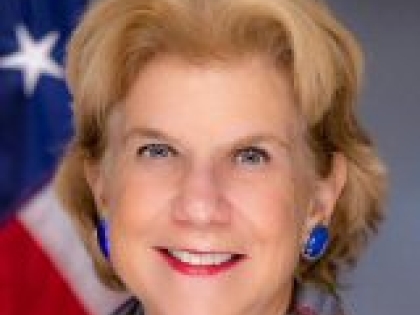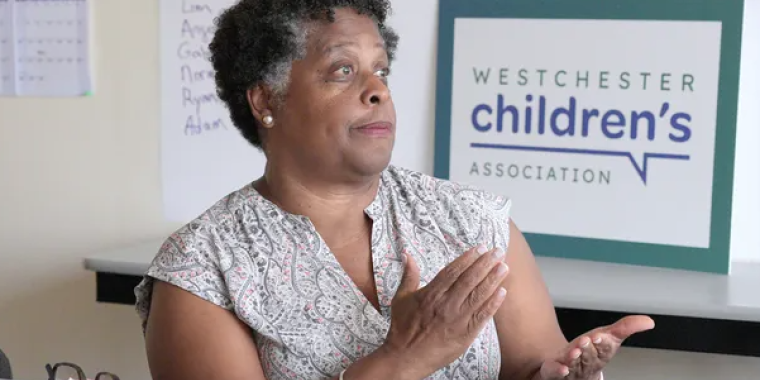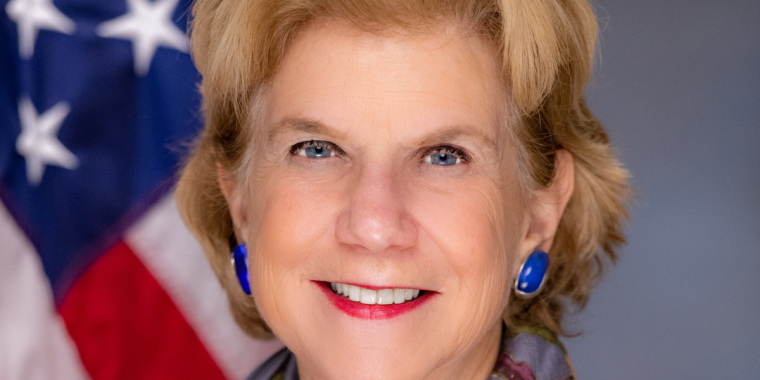
Allison Lake retires: What she learned as a champion for Westchester's children

Pushing New York lawmakers with data and faces
Work at Westchester Children’s Association came with a learning curve, Lake said. But she would generate reams of data to support WCA's positions, first as a staffer working to get health insurance for families, then as deputy director for 10 years and executive director for seven.
She spoke about the difference between the HUD definition of homelessness — “you’re on the street or in a shelter” — versus the U.S. Department of Education’s definition, a different reality that families in Westchester know too well.
“The Department of Education says that if a child is insufficiently housed or unstably housed — doubled and tripled up families in a residence that's made for one — that's homelessness,” Lake said.
“That's what family homelessness looks like in Westchester. You're not going to find a family living on the park bench kind of thing, but there are certainly many kids that are living in doubled or tripled up situations that are unstable, that can be unsafe for children.”
Lake developed a reputation as an advocate who could produce not only data, but flesh-and-blood examples, such as the mom who paid the shelter fee and who, eventually, got the support she needed to leave the shelter system.
Or on the Raise the Age legislation, which raised the age when non-violent offenders can be prosecuted as adults in New York. It was passed in 2017 and phased in. In 2018, it was applied to 16-year-olds, moving them into a new system with supports; in 2019, 17-year-olds were covered.
State Sen. Shelley Mayer, D-Yonkers, recalled being on the receiving end of Lake’s full-court press on Raise the Age.
“I just remember how effective her advocacy was,” Mayer said. “She brought young people to see me, she brought a wide array of stakeholders. She just was dogged in the way that advocates can be and very effective in making the case. When I had reservations, she tried to address them. She was really good at getting her concerns addressed by public officials.”
Lake didn’t go it alone, Mayer said.
“She had a lot of data about young people, very young people, making serious mistakes and being treated as adults and forever tarnished,” Mayer said. “And she built broad coalitions. For me, that's very important, hearing from a diverse group of people who agree about that. They may not agree about everything else. So I think both were really sort of exceptional in her leadership.”


